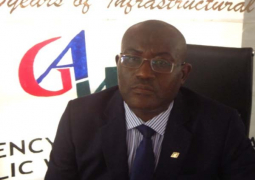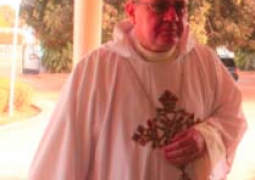The sixth day of deliberations at the Third Ordinary Session of the Second Pan-African Parliament in Midrand,
When delivering the report on the state of peace and security in
"Notwithstanding the remarkable strides that have been made in democratic governance, challenges with respect to peace and security at some flashpoints all over the continent continue to stifle movement toward progress in democratic development," he said.
In the Central African region, he expressed concern over the continued violence in the eastern parts of the Democratic Republic of Congo alluding to the fact that it undermines the peace that has been achieved in the country.
He made an appeal to those warring, saying, "We implore the parties to the conflict to come to terms, dialogue, and find a peaceful solution to stabilize the country."
In the East African region, Hon. Khumalo focused, among others, on
He said, "Suicide bombings, unheard of in
He added that "African troops (from
Khumalo said that the continued anarchy in the East African nation has "allowed piracy to flourish off the country’s coast".
On
He expressed concern over oil deposits on the borders of the north and south, saying "we are concerned with the oil deposits around the border of north and south
He went on to say, "we propose that a solution be reached with respect to equitable sharing of resources between the north and south
On the issue of the
The stance of PAP on the issue was made clear by the chairperson: "the PAP is filled with consternation by the massive and repeated violations of human rights in the
He appealed to the African Union and the United Nations to hold
In Southern Africa, Andry Rajoelina’s leadership in
"The situation in
Despite numerous attempts by SADC to resolve the political impasse in the Indian Ocean island, "this initiative has continued to come up against the will of Rajoelina regime to proceed with the elections in disregard of the spirit and letter of the
In West Africa, he expressed hope that
In relation to
He urged the parliament to keep an eye on
"The unfolding developments in this situation have to be closely monitored and managed as to avoid untoward repercussions for the democratic gains so far made".
A number of common sentiments arose from the debate following Hon. Khumalo's presentation, in particular the need for Early Warning Systems to be developed in order to curb instability in
A number of areas were identified as the reasons for continued conflict namely, lack of democracy, unconstitutional changes of government, inter-tribal tensions and border disputes.
Many parliamentarians said that having the African Charter on Democracy, Elections and Governance could be the answer to resolving the problems facing many countries.
Read Other Articles In Article (Archive)



